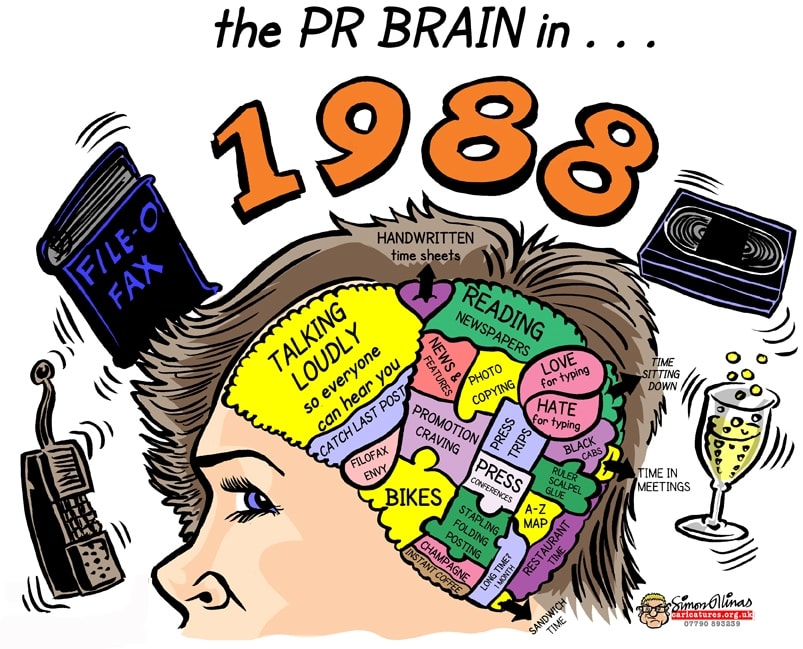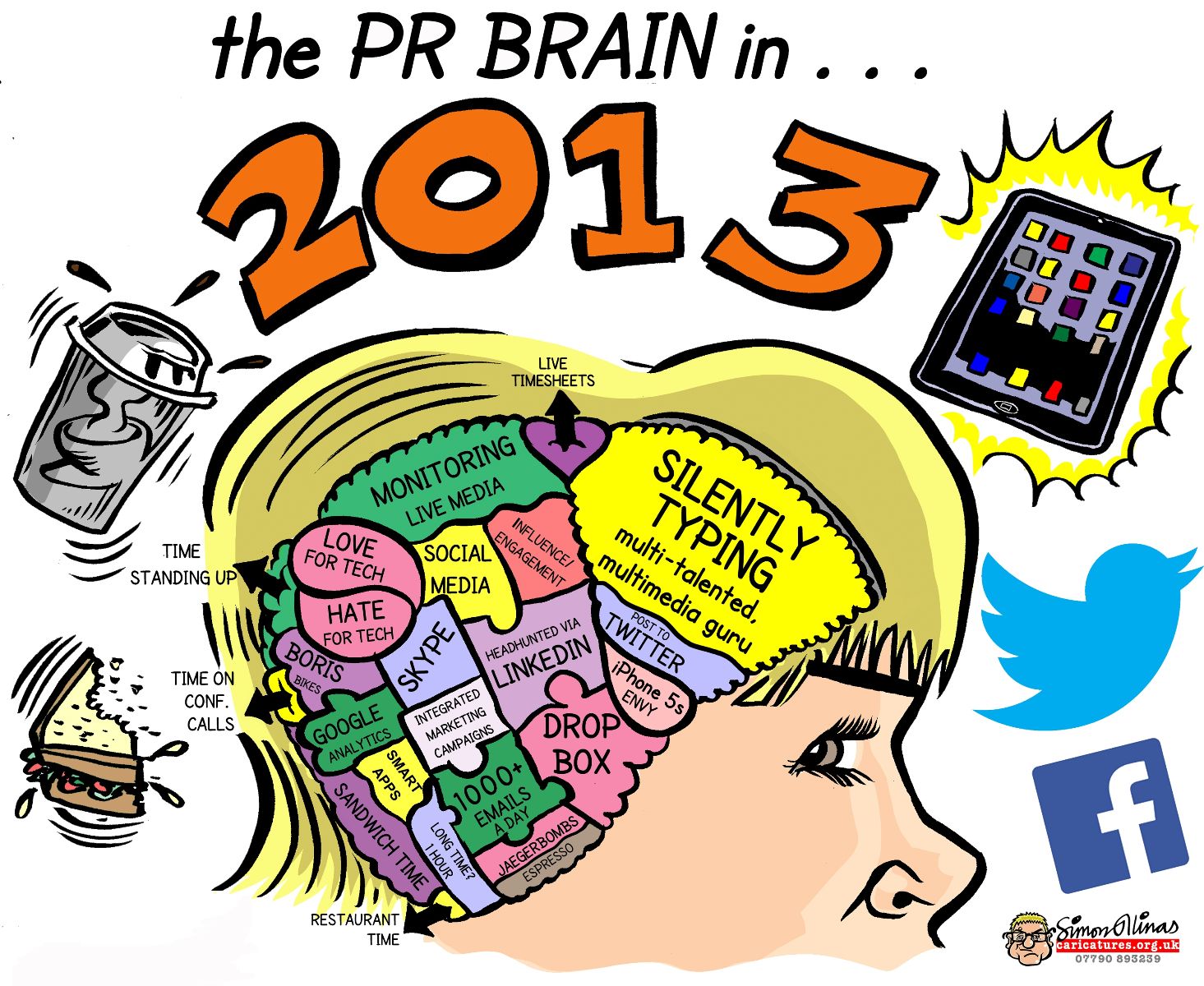The type of person who is ideal to work in PR is different from someone who would have succeeded in PR 25 years ago. PR agency Firefly, spoke to 25 leading PR industry professionals about the industry landscape and how they thought it would evolve. In particular, they were asked two important questions: What things will become less of a priority for clients? What trends are emerging that will become more important?


PROs have had to adapt dramatically to keep pace with changes in technology. CEO and founder of Firefly, Claire Walker says: “For those of us who were around in 1988 when Firefly was founded, the thought of a smartphone or the internet was a preposterous one. And yet, both have gone on to transform the way we work. The topic of conversation between many a PRO is whose smartphone is best and how being constantly connected is essential, but both thrilling and exhausting.”
“Gone are the days of gluing coverage to boards and presenting them to our clients once a month. Google alerts and analytics now allow us to track results as they happens, meaning that reporting (and to an extent, evaluation) has become real-time.
“The invention and application of the internet has made virtually all processes much easier. No longer are we using the dreaded typewriters, fax machines or photocopiers, now we’re Googling and working in the cloud from anywhere.”
Walker says that according to the research, the PR activities on their way out include phone pitching, feature monitoring and using newswires for distributing releases, while the trends on the rise comprise of crisis management via social media, content marketing and the rise of mobile. Mobile in particular is the most vital area, as it’s a way of content consumption that’s growing exponentially.
Describing other modern demands on PROs’ brains, Walker says: “In this digital world, we’re also increasingly widening our SEO efforts and using our online PR to help clients websites rank higher and attract more traffic. We have to be aware of how our PR becomes discoverable by the right people – and this can only be done with a good understanding of SEO and how it can be applied to PR content.
“This leads onto analytics and interpreting data. Modern day PR should be about what we can do to help business goals.”
Walker concludes: “It’s becoming more and more apparent that digital skills are absolutely vital in the not too distant PR world of tomorrow. PR agencies that don’t invest in digital knowledge and expertise might as well dig their own graves.”
Further information
Firefly is releasing a white paper on the PR brain in the coming weeks – you can access it here.
PR Masterclass: The Intersection of PR and GEO
Join PRmoment for a Masterclass featuring 10 of the industry’s foremost experts. You will walk away with a clear, actionable strategy for adapting your content to an AI-first search environment.
Taking place on Wednesday 25th February in London, both virtual and in person tickets are available.
If you enjoyed this article, sign up for free to our twice weekly editorial alert.
We have six email alerts in total - covering ESG, internal comms, PR jobs and events. Enter your email address below to find out more:









